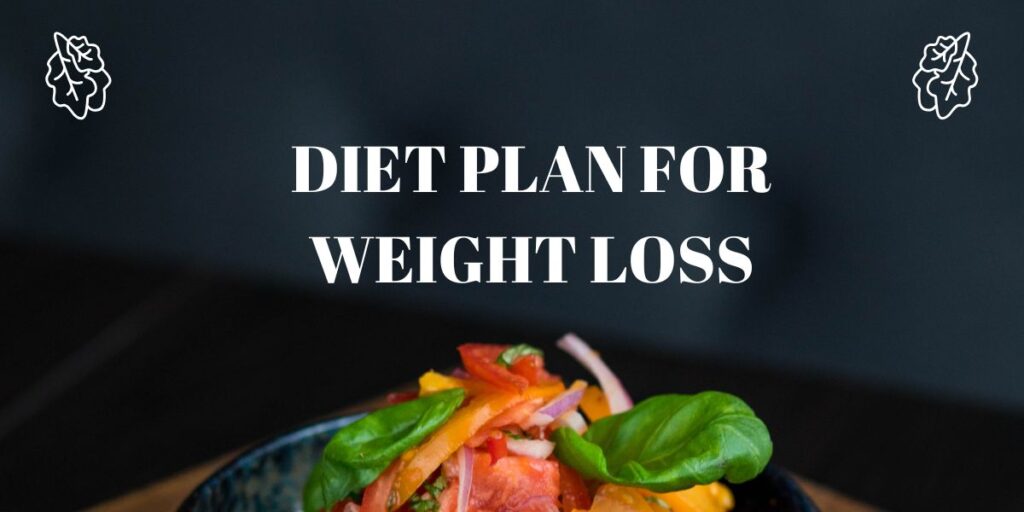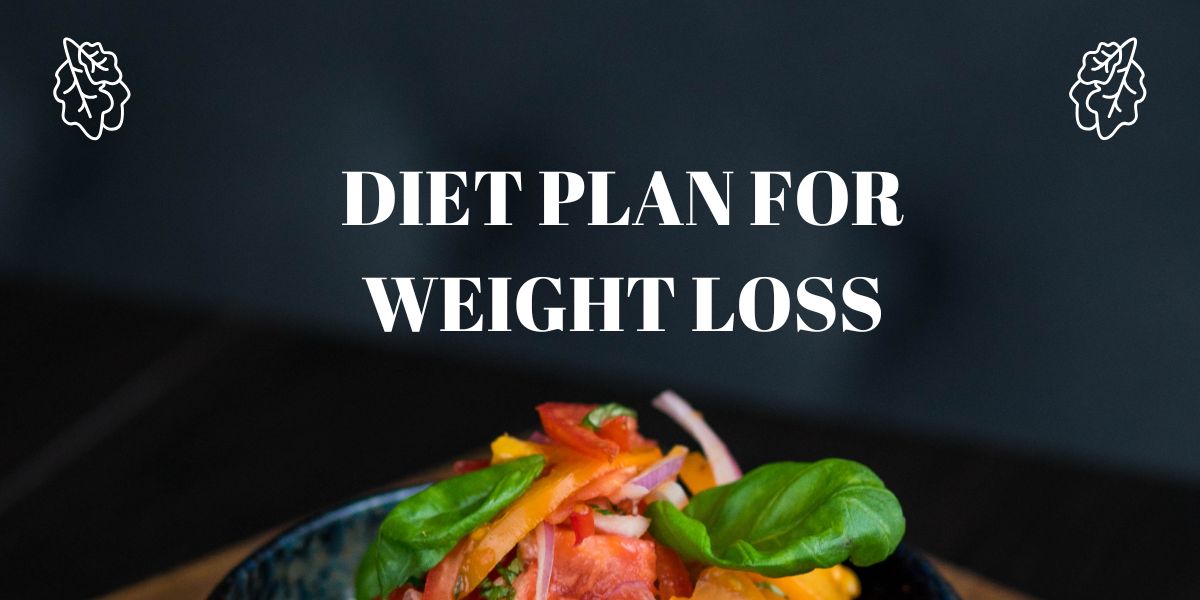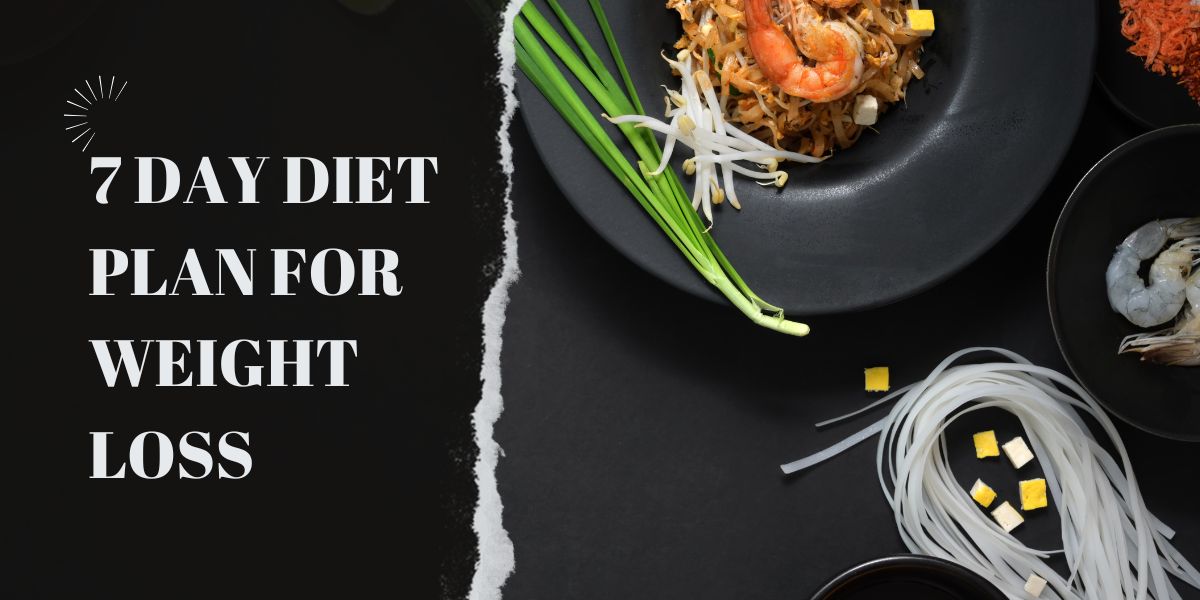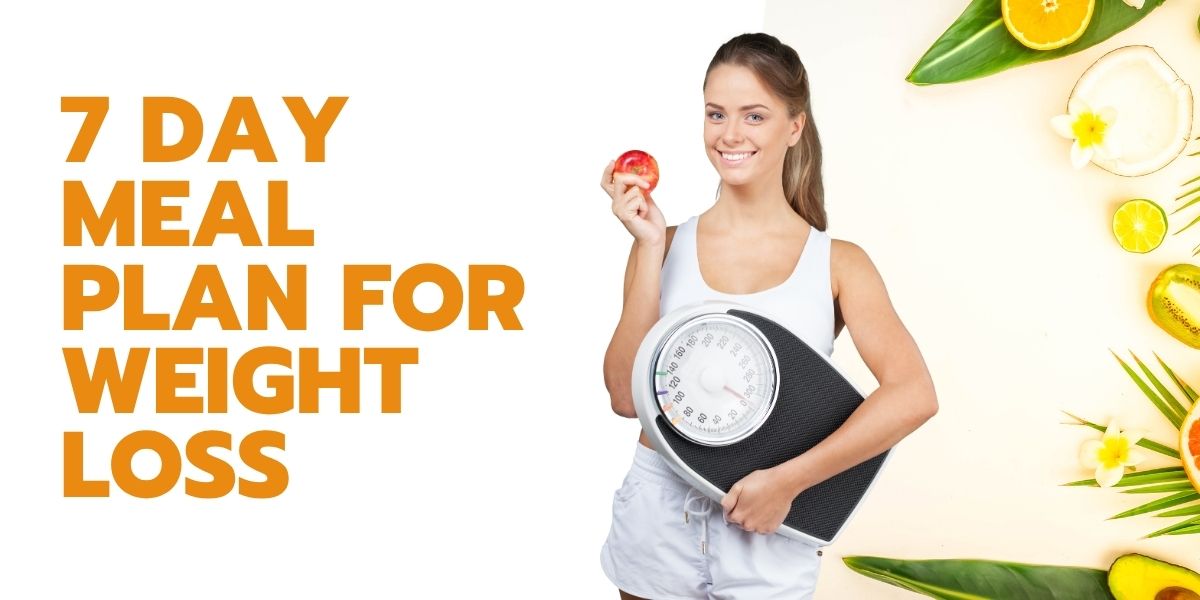Many people want to reduce their weight for health and well-being reasons as well as for aesthetic reasons. A structured diet is essential to any weight loss effort. People can lower body fat, increase energy, and promote general wellness by making educated eating choices. In this blog, we’ll explore a range of diet plan for weight loss tailored for both men and women, including beginner-friendly options and menus for vegetarians and non-vegetarians.
Best Diet Plan for Weight Loss
Finding a balance between calories burned and calories consumed is the key to a successful weight loss diet plan. In order to sustain energy levels while encouraging fat loss, it consists of foods high in nutrients, appropriate portion sizes, and a combination of macronutrients, such as proteins, fats, and carbohydrates.
Diet Plan for Weight Loss for Females
Women frequently have particular difficulties in weight loss, such as reduced muscle mass and hormonal swings. Women can improve their weight management with a diet high in fibre, lean protein, and healthy fats.
A Beginner’s Guide to Dieting for Female Weight Loss
Morning:
- Lemon in warm water
- Fruit on porridge or peanut butter on whole grain toast
Mid-Morning Snack:
- A handful of almonds, an apple, or a pear
Lunch:
- Tofu salad or grilled chicken dressed with olive oil
- Mixed vegetables over brown rice
Evening Snack:
- Green tea paired with some walnuts
Dinner:
- Steamed veggies and grilled fish or lentil soup
Related – 7 Day Diet Plan for Weight Loss
Weight Loss Diet Plan for Men
Although men usually need more calories than women, they can still gain just as much from a balanced diet that promotes fat loss and lean muscle retention.
Men’s Beginner Diet Plan for Losing Weight
Morning:
- Green tea or black coffee
- Whole grain toast with scrambled or cooked whole eggs
Mid-Morning Snack:
- A banana or Greek yogurt
Lunch:
- Quinoa, grilled chicken breast, with salad on the side
Evening Snack:
- Protein smoothies or boiled eggs
Dinner:
- Lean beef or beans stir-fried with veggies
Diet Plan for Weight Loss Menu
Creating a weekly meal plan can help you stay consistent with your diet goals. An example 3-day menu is as follows:
Day 1:
- Breakfast: Smoothie for breakfast made with almond milk, banana, spinach, and a scoop of protein powder
- Lunch: An olive oil and herb-dressed, freshly made tuna salad
- Dinner: Salmon baked with quinoa and asparagus
Day 2:
- Breakfast: Sliced avocado and hard-boiled eggs paired with whole-grain toast
- Lunch: Chicken breast, sweet potato, and freshly cooked broccoli
- Dinner: Curry made up of vegetables and brown rice
Day 3:
- Breakfast: Berries in Greek yogurt with chia seeds
- Lunch: Wrap with turkey, hummus, and vegetables
- Dinner: Sautéed spinach, with grilled tofu and brown rice
Vegetarian Diet Plan for Weight Loss
If a vegetarian diet consists of complete grains and high-protein plant foods, it can be just as successful in helping people lose weight.
Morning:
- A bowl of herbal tea and oats with chia seeds on top
Mid-Morning Snack:
- Almonds soaking or a fruit salad
Lunch:
- Chickpeas, cucumber, tomato, and lemon dressing in a quinoa salad
Evening Snack:
- Roasted makhana (foxnuts) or hummus-topped carrot sticks
Dinner:
- Brown rice with dal and a little portion of mixed vegetable soup
Non-Vegetarian Diet Plan for Weight Loss
You may get high-quality protein and vital elements by including lean meats and seafood in your diet.
Morning:
- Green tea with cooked eggs or turkey sausage
Mid-Morning Snack:
- You can have few bits of cottage cheese and also almonds
Lunch:
- Grilled chicken breast, sautéed veggies, and whole wheat roti
Evening Snack:
- Eggs hard-boiled or protein shakes
Dinner:
- Steamed veggies and baked fish or chicken soup served with whole grain rolls
Conclusion
Achieving weight loss objectives can be greatly impacted by the food plan that is chosen. Regardless of your level of experience, selecting the appropriate foods and following a well-organised strategy are essential. Sustainable outcomes can be attained by customising your meals to suit your preferences, whether you are vegetarian or not, and maintaining consistency in your routine. A qualified dietician or healthcare professional should always be consulted before beginning a new diet plan to be sure it fits your unique health requirements.
FAQs
Q1. Can I reduce my weight without working out?
Ans:- While calorie deficit is the primary driver of weight loss, diet and exercise work better together.
Q2. How many calories are necessary for weight loss?
Ans:- Age, gender, degree of activity, and present weight all affect it differently. A common approach involves reducing daily calorie intake by approximately 500 calories.
Q3. Is it acceptable to include cheat meals on a diet?
Ans:- Planning ahead and avoiding binge eating might help you incorporate occasional cheat meals into a healthy diet.
Q4. What time of day is best to eat in order to lose weight?
Ans:- Avoid eating in the middle of the night and eat frequently throughout the day. Intermittent fasting is another choice for some people.
Q5. Is it possible for someone trying to lose weight to skip breakfast?
Ans:- Some people might discover that skipping breakfast prevents them from overindulging later in the day.
Q6. Do carbohydrates have to be avoided?
Ans:- Instead, choose complex carbs like those found in whole grains and veggies. Avoid processed carbohydrates and refined sweets.
Q7. When attempting to reduce weight, how much water should I drink?
Ans:- Make an effort to drink eight to 10 cups per day. Staying hydrated increases metabolism and aids in appetite control.







